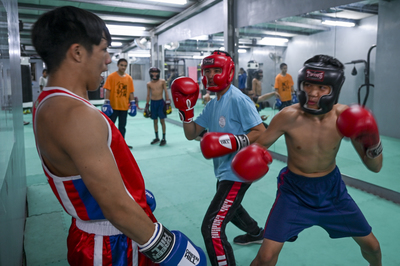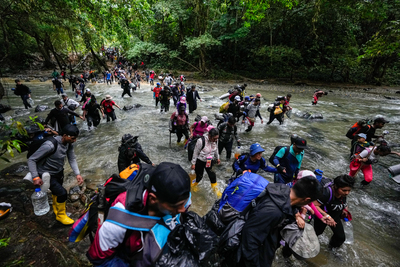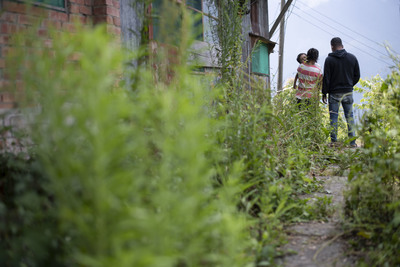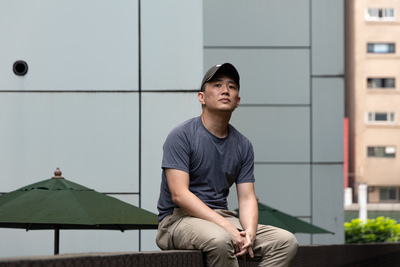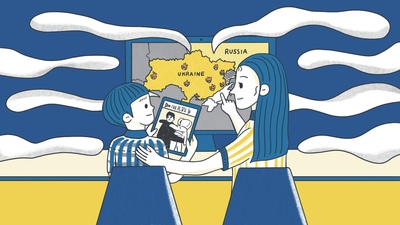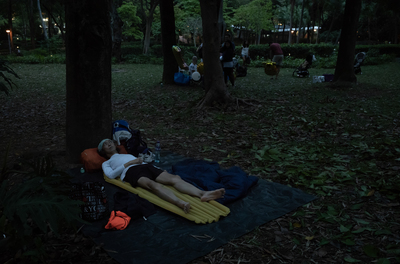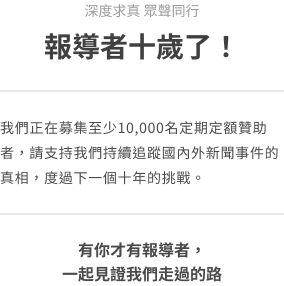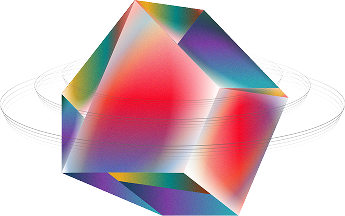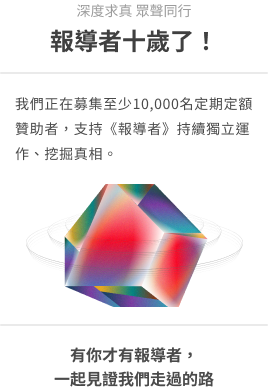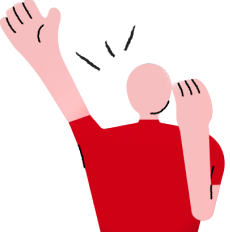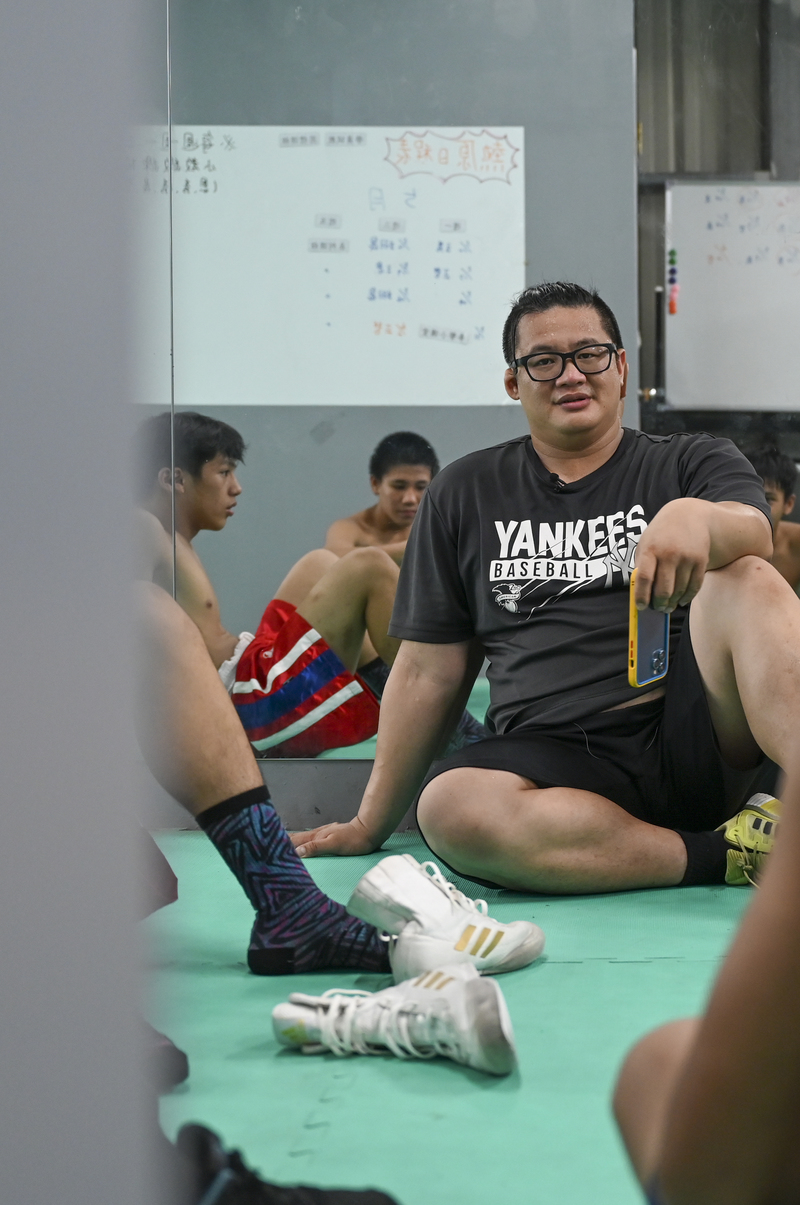
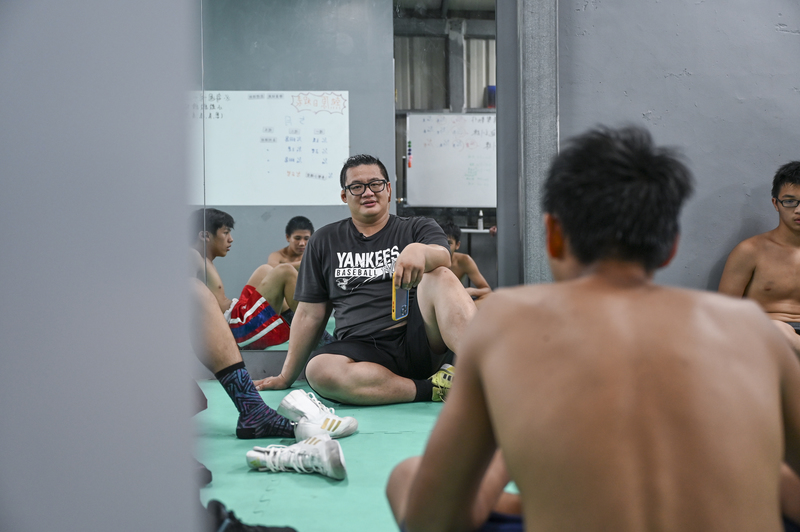
Social Worker In The Ring, And The Champions He Brings Out
In 2018, The Reporter published the series of “In Their Teens, In Their Ruins” (《廢墟少年》), focusing on the development trajectories of teenagers from high-risk families in Taiwan. In 2021, right before Taiwan entered the COVID-19 Level 3 Alert, The Reporter Podcast team visited the fringe of New Taipei City to spend a day with social workers and children from disadvantaged backgrounds. Accompanying each other, they prove that there is “opportunity” besides “destiny” in life. We visited Sanxia in New Taipei City to meet with a social worker who also works as a boxing coach. We reported how he has come to empower children with courage and determination for fighting in the ring of life.
In less than an hour's drive from Taipei City, we arrived in Sanxia. Walking into a three-story house, we found regulations on daily life on the wall, a whole row of shoe cabinets for children to store their shoes, and in the middle of the space, desk tables and chairs for doing homework. Right next to all these was a ring for boxing.
We were stepping into “The World” (樂窩服務協會), an NGO serving urban indigenous populations in Sanxia. It provides services such as after-school tutoring, female empowerment programs, senior care, and tribal culture conservation. As well, it runs the “Je-Yuan Boxing Team” (熱原拳擊隊). Led by social workers, this boxing team has won 5 gold medals, 8 silver medals, and 13 bronze medals in national competitions since its establishment.
In this podcast episode, we are walking into the boxing ring right next to the tutoring classroom. We are going to listen to the stories of two champions, follow them while they were practicing boxing, accompany them back home for family gathering, and listen to the story of the important supporter behind them—the social worker in the ring—Che-Yu Chen (陳哲宇).
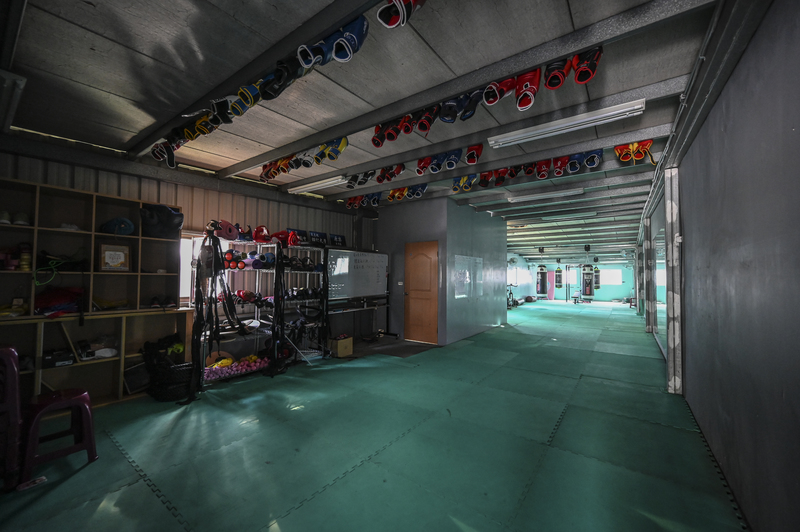
The two young men we talked to were Yi-Chen Lin (林翊晟), the champion of bantamweight of boxing in the National Middle School Athletic Games, and Cheng-Jhe Su (蘇正哲), the champion of light welter. They are cousins from an Amis indigenous family. Their grandfather moved to Sanxia and relocated under the Sanying Bridge, an open space nearby the river. He hand-built wooden bungalows, which has now turned into an urban indigenous community called “Nan-Ching Tribe” (南靖部落).
Their older female cousin was the first in the family to practice boxing. With their parent’s consent, these two younger male cousins joined the boxing team successively. They embarked on a journey which they had never thought of.
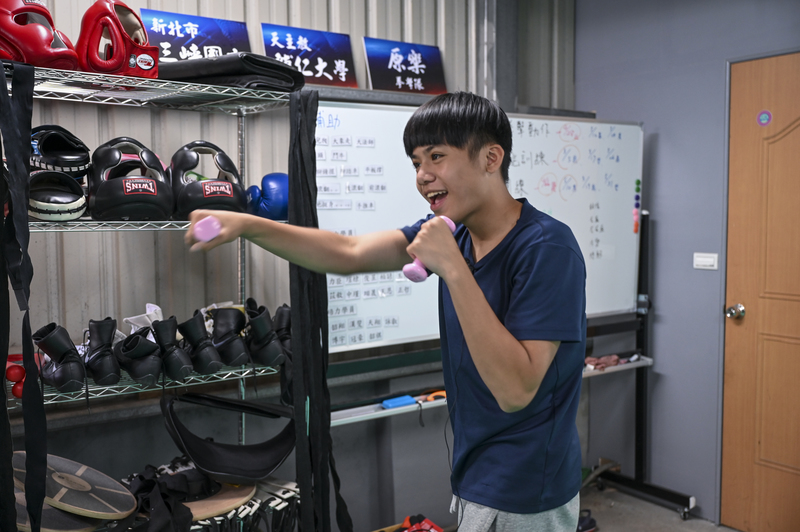
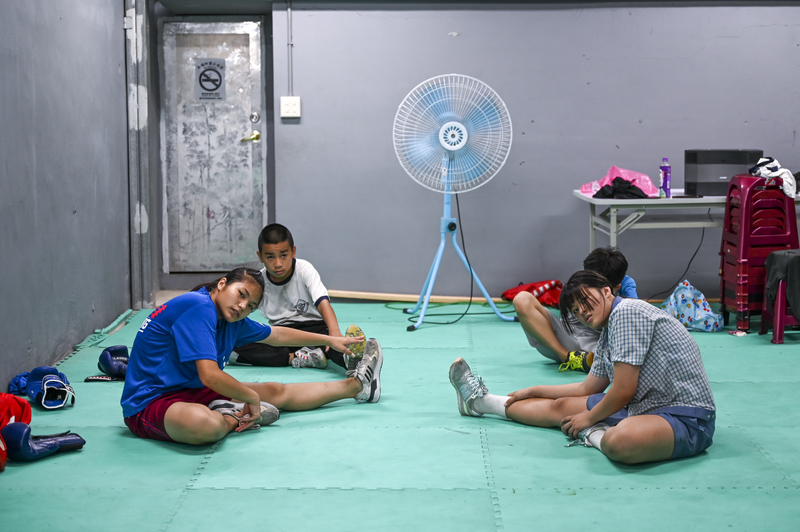
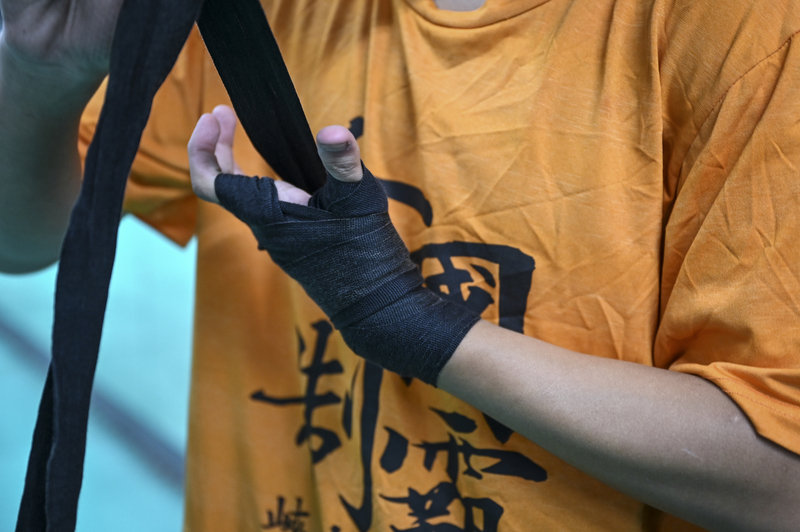
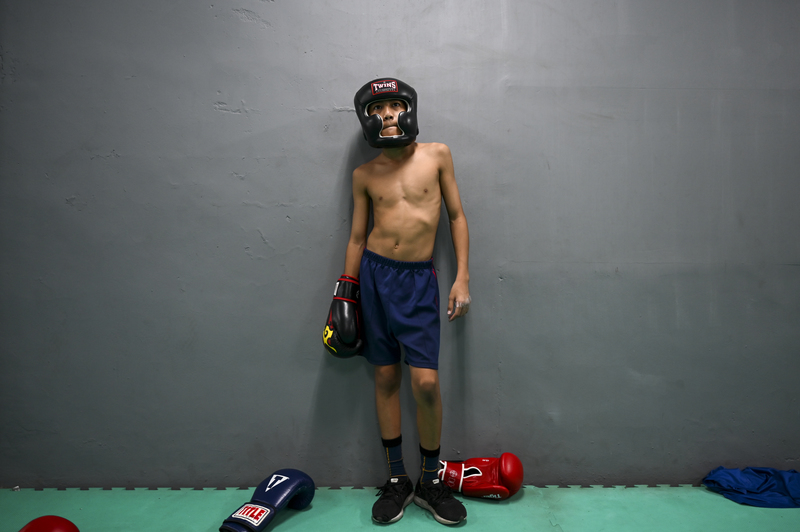
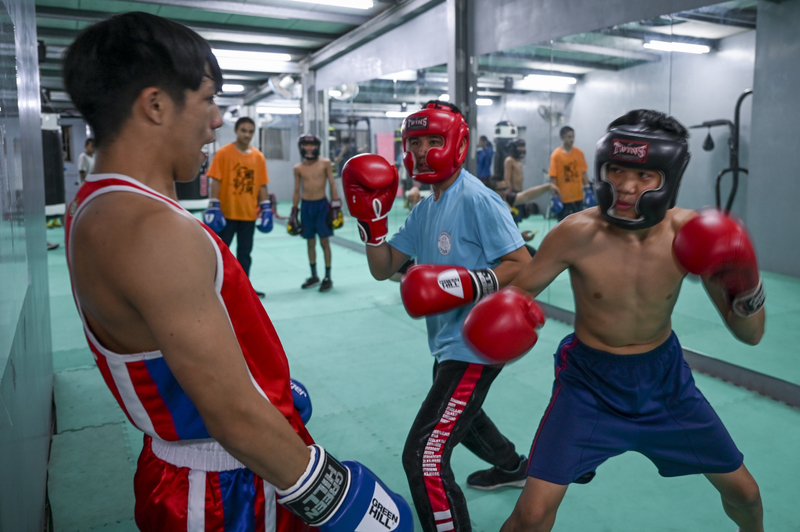
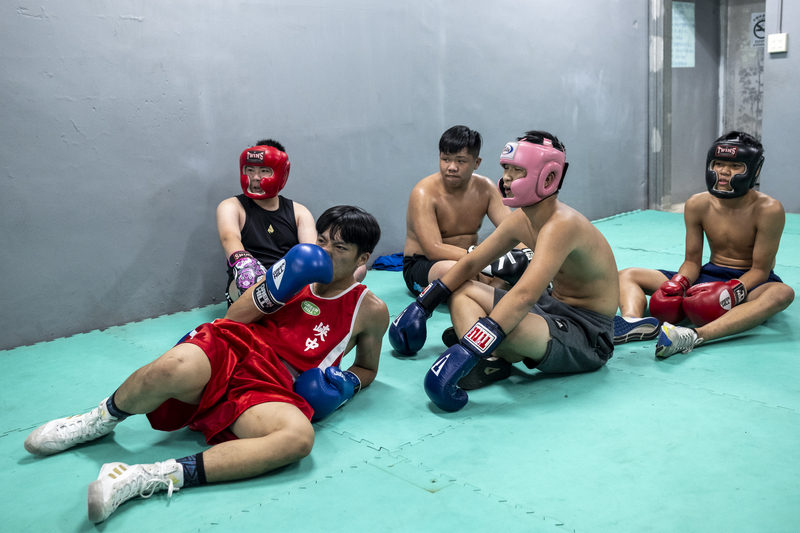
Now a 3rd year junior high school student, Yi-Chen Lin said the most challenging task at the beginning of his journey to boxing was physical fitness. You have to run with dumbbells and keep practicing rope skipping. Next, you have to keep aside your fear and step into the ring for sparring. Before the competition, you have to control your weight, diet, and water intake for one to two months continuously. The food you eat and the water you drink have to be measured precisely to gram. Standing right next to Yi-Chen Lin and the boxing team leader in charge, Cheng-Jhe Su, the older cousin, laughed, “He was never like this before”.
“I wasn’t disciplined like this before I started boxing”, said Yi-Cheng Lin. To nurture a boxing champion within three years, the challenges come in all aspects. Discipline is fundamental, next comes self-confidence—whether you believe you can make it, whether you are willing to make it against all odds.
With the fear that he would be led astray, Yi-Chen Lin took on the challenges of boxing during his junior high school years. In the interview, he mentioned that ever since he was in elementary school, he had a fear inside. Many of his fellow urban indigenous youths with whom he shared similar background have been shouldering discrimination and facing difficulty to gain recognition within the mainstream society; eventually, they took the wrong path.
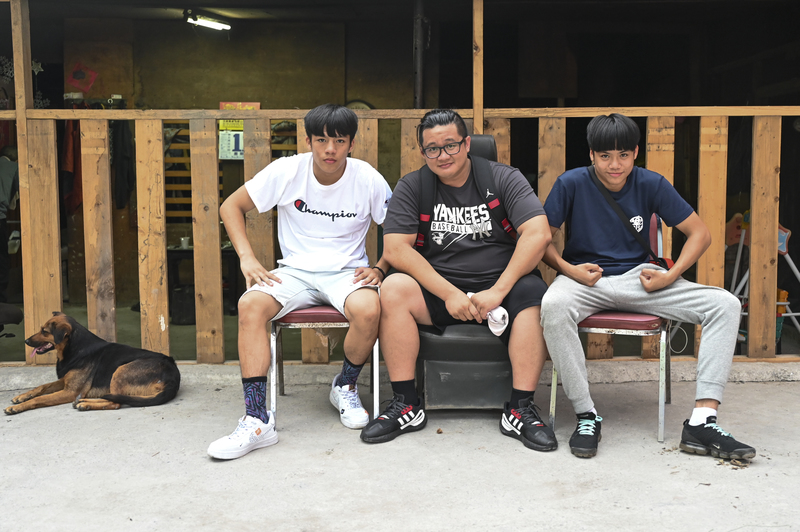
In the interview, Che-Yu Chen, who is a social worker as well as the coach, explained to us the implication of boxing. He is also an indigenous person who relocated from the mountainous to urban area. Speaking from his personal experiences of boxing while in school, he shared with us his past decade of service in Sanxia: What he had seen, discovered, and held out from the members of this urban indigenous community have now been materialized into awards and medals for the young boxers.
To truly help disadvantaged people out of their precarious situations, social workers need to know something larger than "problem-solving." They need to address the needs, understand the context, and step into the culture and environment of those in need of assistance. In the case of the urban indigenous tribe in Sanxia, social workers have been accompanying children to seek a way to shine. Through practicing boxing, children not only develop physical fitness and strength but also gain respect from oneself and the society.
We followed Che-Yu Chen and walked toward the children’s tribe to understand what he had been saying. In fact, the story of the tribe is one about fighting against destiny and struggling for opportunities. Because it is located by the river and built on public land, the tribe had been forced to demolish their housing structures and relocate for a couple of times. The instability of job placement and poor working conditions are further challenges confronted by families residing under the Sanying Bridge. However, we also witnessed their mutual help and support, with the inheritance of tribal cultures. After three generations, in spite of difficulties, some residents have thrived to find a way to live in urban areas.
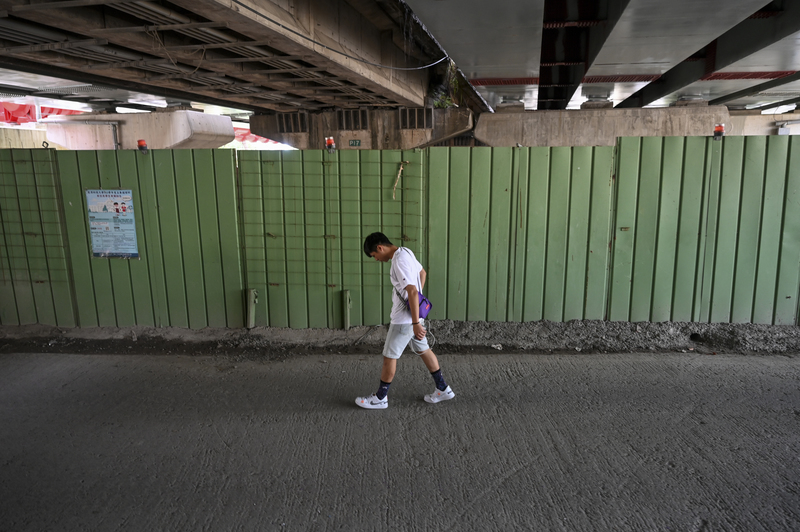
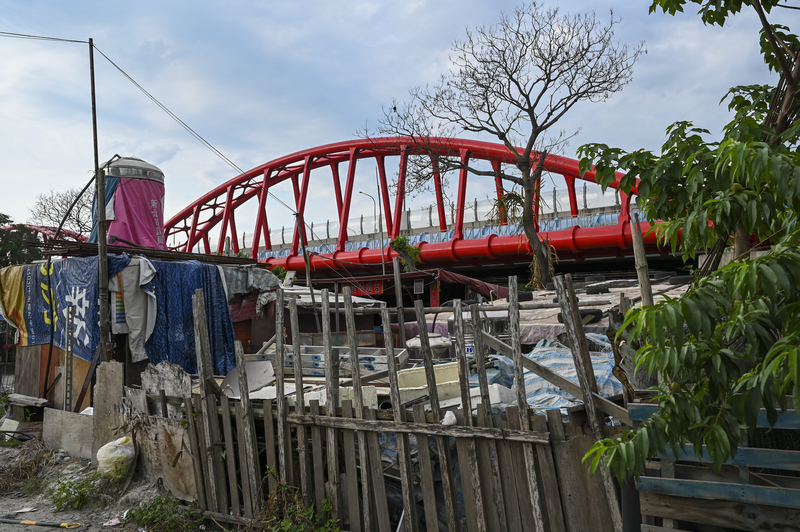
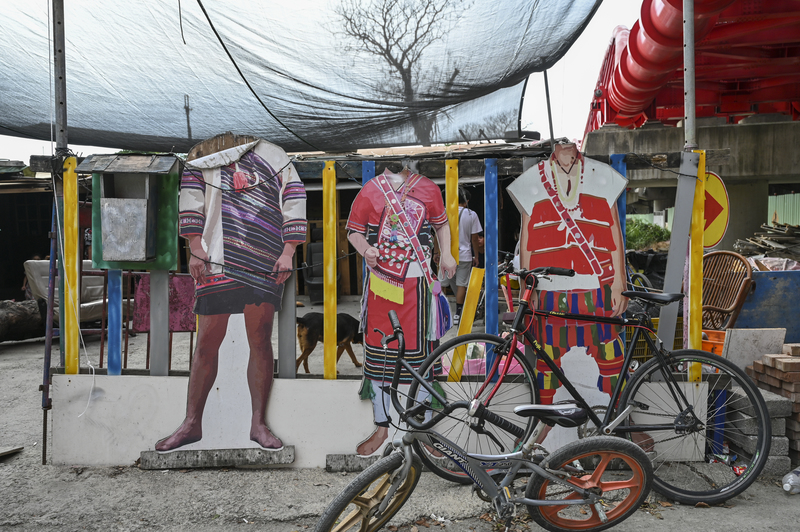
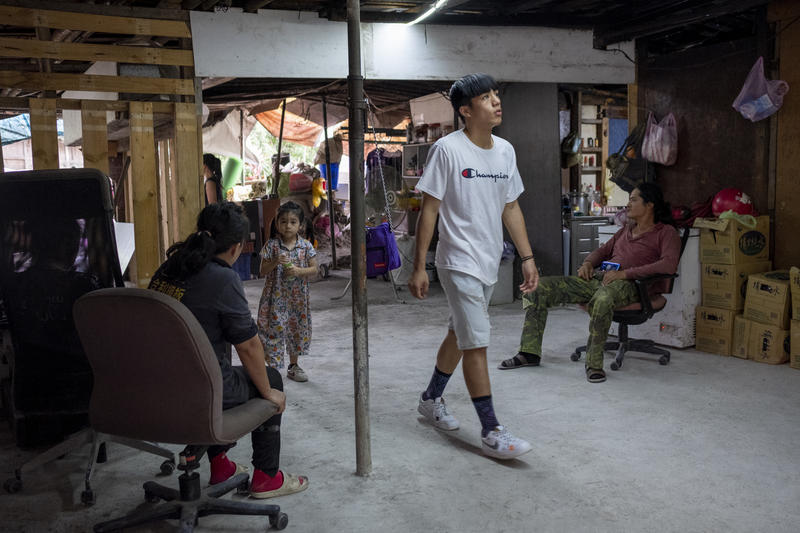
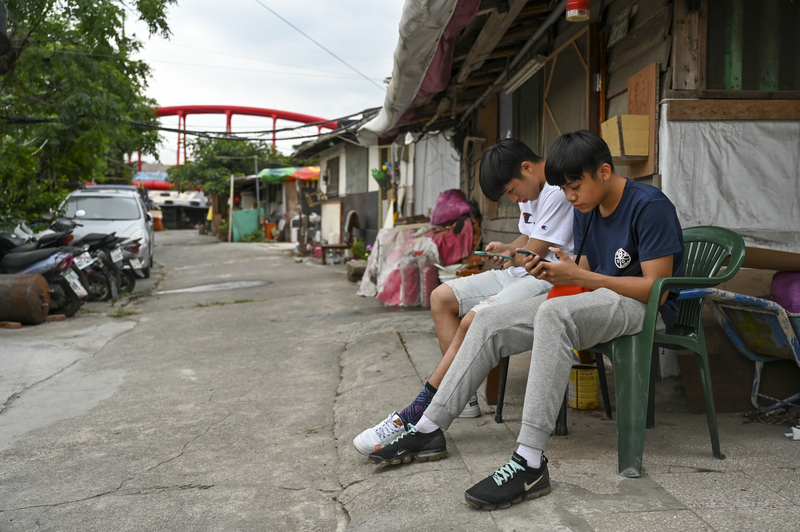
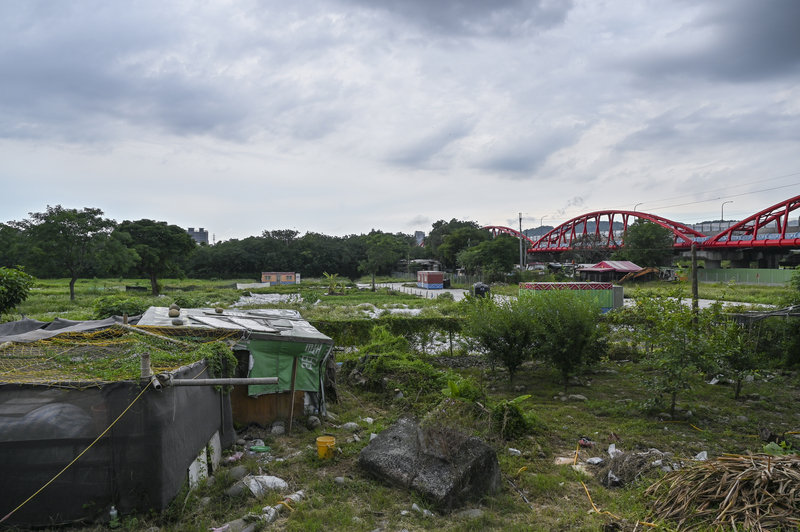
Che-Yu Chen said that his next step is to persuade the parents that boxing—the sport that allows their children to thrive—is socially respectable and promising. Thus, he planned to collaborate with fitness professionals and sports massage therapist to promote the prospects of practicing boxing. “I am dreaming, both for myself and the children.”
He had faced similar discrimination and the harsh criticism that boxing gave him no future prospects. He is now striving to realize his blueprint for the future. Everything is still unknown in the post-COVID-19 era, but at least, the social worker coach has offered his young boxing team a ring in which members can hold their heads up high and fight for themselves.
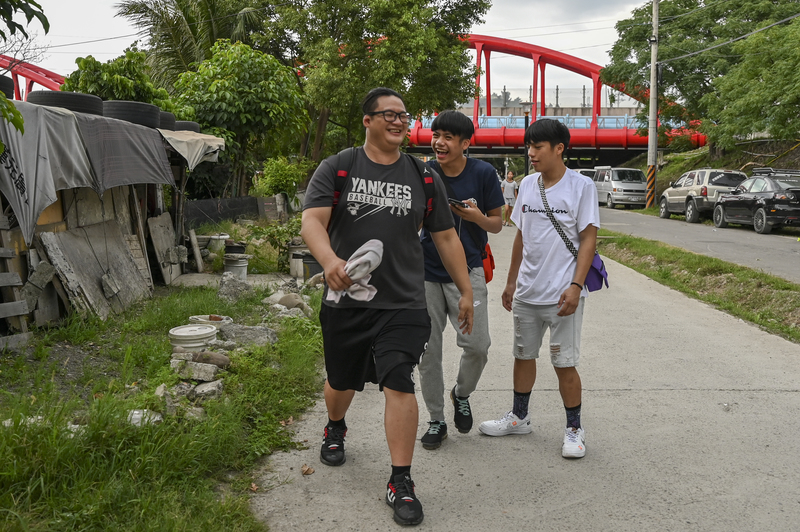
(To read the Chinese article, please click: 擂台上的社工,與他帶出的拳擊冠軍們.)
深度求真 眾聲同行
獨立的精神,是自由思想的條件。獨立的媒體,才能守護公共領域,讓自由的討論和真相浮現。
在艱困的媒體環境,《報導者》堅持以非營利組織的模式投入公共領域的調查與深度報導。我們透過讀者的贊助支持來營運,不仰賴商業廣告置入,在獨立自主的前提下,穿梭在各項重要公共議題中。
今年是《報導者》成立十週年,請支持我們持續追蹤國內外新聞事件的真相,度過下一個十年的挑戰。

